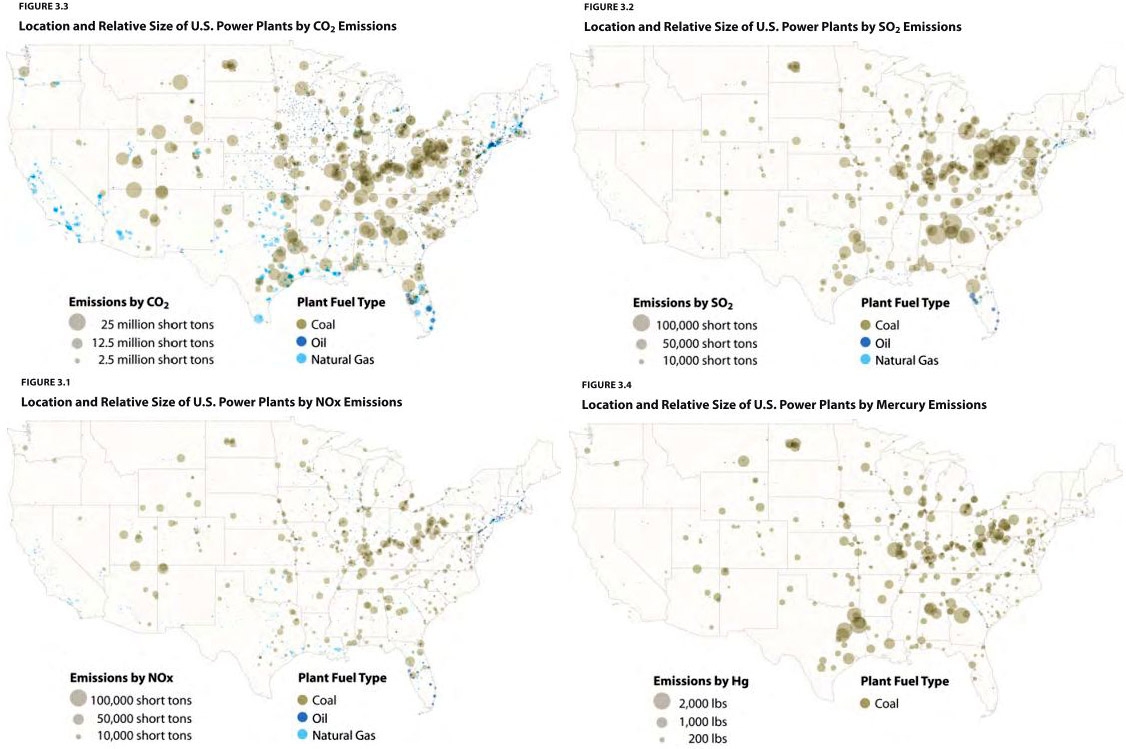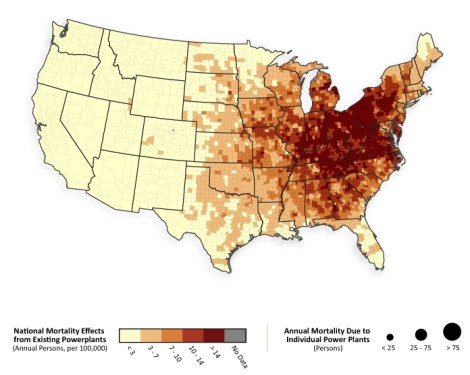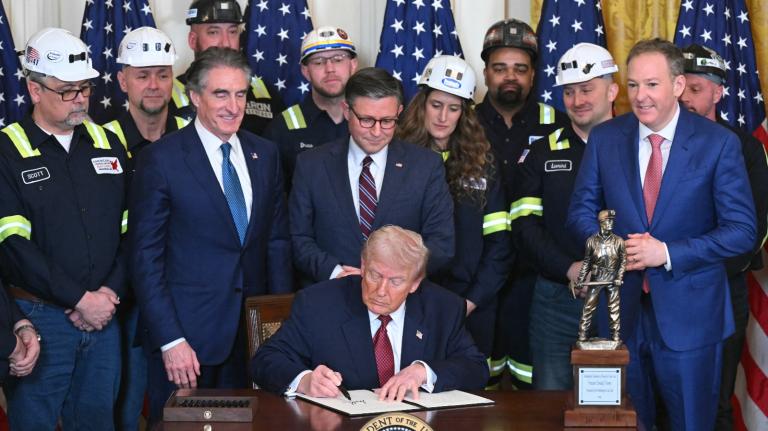
Dominique Browning gets right to the point in “The Racial Politics of Asthma.” I’m tempted to excerpt the whole thing, but this is the important bit:
In 2008, African Americans had a 35 percent higher [PDF] rate of asthma than Caucasians. A study revealed that one-quarter of the children in New York City’s Harlem have asthma. The following national statistics are even more jarring:
African American children have a:
• 260% higher emergency room visit rate.
• 250% higher hospitalization rate.
• 500% higher death rate from asthma, as compared with white children.Why? One likely reason is that 68% of African-Americans (compared to 56% of whites) live within [PDF] 30 miles of a coal-fired power plant—the distance within which the maximum ill effects of the emissions from smokestacks occur.
It has long been the case that victims of air pollution are disproportionately poor urban minorities, especially children. A study last year out of Duke confirmed that “non-Hispanic blacks are consistently overrepresented in communities with the poorest air quality.” For the most part, this is just another way of saying that blacks are overrepresented in communities with high levels of poverty. That’s where the coal plants get put.
And make no mistake: the pollution is where the coal plants are.
Here’s a map showing mortality rates from power plants:
The Eastern U.S. has come to an arrangement: poor communities and communities of color will get more asthma; the rest of the Eastern seaboard and Midwest will get cheap electricity.
Of course nobody likes to think of it that way. At one Senate hearing on the EPA budget, Browning notes, Sen. Jeff Sessions (R-Ala.) called air pollution victims “unidentified and imaginary.” If we don’t think about them, they don’t exist!
Battles over EPA air-quality rules are usually discussed in terms of economics, but we would be naive to think that the politics of race and class are not everywhere just beneath the surface.
——
UPDATE:
A Congressional staffer tips me off to this extraordinarily powerful video of Emanuel Cleaver’s opening statement before the Select Committee on Energy Independence and Global Warming’s Vulnerable Communities hearing:
These are real people. Real lives.






